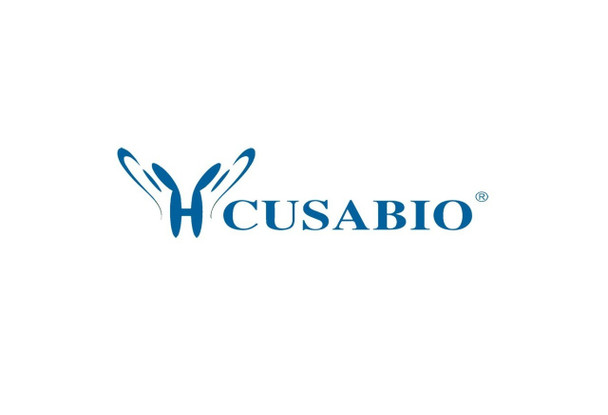Cusabio Polyclonal Antibodies
CX3CL1 Antibody | CSB-PA092112
- SKU:
- CSB-PA092112
- Availability:
- 3 to 7 Working Days
Description
CX3CL1 Antibody | CSB-PA092112 | Cusabio
CX3CL1 Antibody is Available at Gentaur Genprice with the fastest delivery.
Online Order Payment is possible or send quotation to info@gentaur.com.
Product Type: Polyclonal Antibody
Target Names: CX3CL1
Aliases: chemokine (C-X3-C motif) ligand 1
Background: This gene encodes a large cytokine protein of 373 amino acids, it contains multiple domains and is the only known member of the CX3C chemokine family. It is also commonly known under the names fractalkine (in humans) and neurotactin (in mice) .The polypeptide structure of CXC3L1 differs from the typical structure of other chemokines.CX3CL1 is produced as a long protein (with 373-amino acid in humans) with an extended mucin-like stalk and a chemokine domain on top. The mucin-like stalk permits it to bind to the surface of certain cells. However a soluble (90 kD) version of this chemokine has also been observed. Soluble CX3CL1 potently chemoattracts T cells and monocytes, while the cell-bound chemokine promotes strong adhesion of leukocytes to activated endothelial cells, where it is primarily expressed. CX3CL1 elicits its adhesive and migratory functions by interacting with the chemokine receptor CX3CR1. Its gene is located on human chromosome 16 along with some CC chemokines known as CCL17 and CCL22.
Isotype: IgG
Conjugate: Non-conjugated
Clonality: Polyclonal
Uniport ID: P78423
Host Species: Rabbit
Species Reactivity: Human, Mouse, Rat
Immunogen: Synthetic peptide of human CX3CL1
Immunogen Species: Human
Applications: ELISA, IHC
Tested Applications: ELISA, IHC;ELISA:1:1000-1:10000, IHC:1:25-1:100
Purification Method: Antigen affinity purification
Dilution Ratio1: ELISA:1:1000-1:10000
Dilution Ratio2: IHC:1:25-1:100
Dilution Ratio3:
Dilution Ratio4:
Dilution Ratio5:
Dilution Ratio6:
Buffer: -20°C, pH7.4 PBS, 0.05% NaN3, 40% Glycerol
Form: Liquid
Storage: Upon receipt, store at -20°C or -80°C. Avoid repeated freeze.
Initial Research Areas: Immunology
Research Areas: Cardiovascular;Immunology









